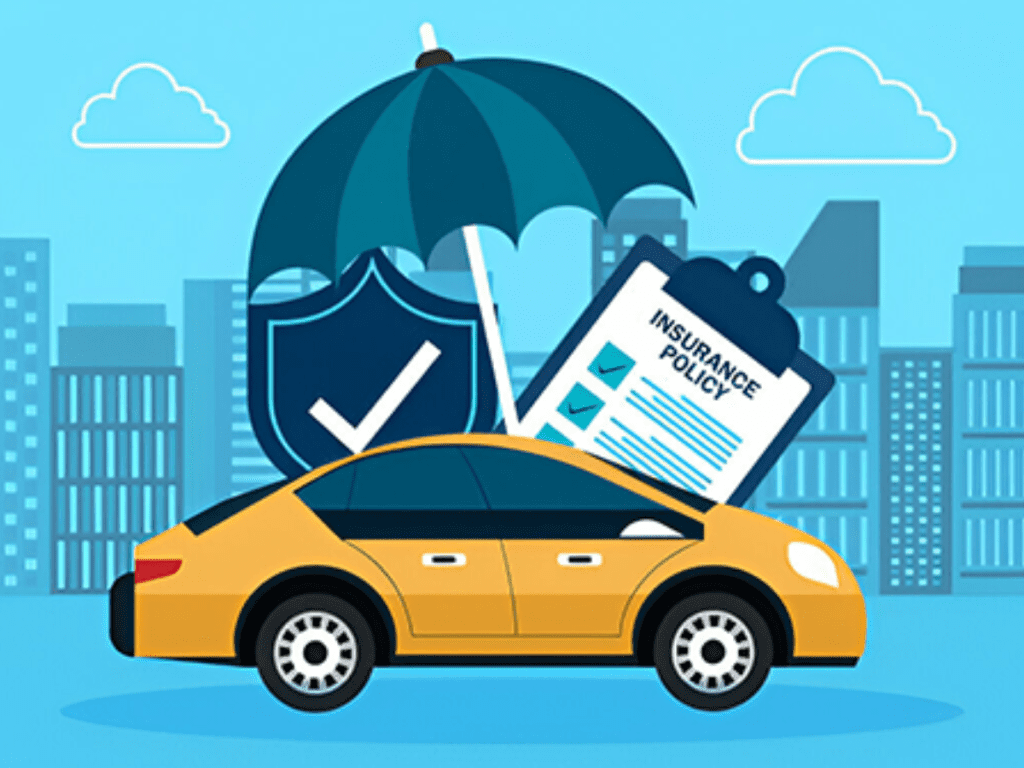Introduction
Buying a car is one of the most significant financial decisions people make, and often, most individuals rely on financing options to make it happen. Auto loans are a popular choice for purchasing a car, but before signing on the dotted line, it’s important to fully understand what auto loans entail. This article will explore the pros and cons of auto loans and help you better understand your financing options before making such an important decision.
What is an Auto Loan?
An auto loan is a type of personal loan that helps individuals finance the purchase of a car. Typically, the loan is secured, meaning the car itself acts as collateral for the loan. In return for financing, you’ll be required to make monthly payments to the lender for a set period, typically 36 to 72 months, depending on the loan terms.
The amount you can borrow depends on factors like your credit score, income, and the car’s price. Interest rates on auto loans vary and can be influenced by market conditions, your creditworthiness, and the lender you choose. While the process of securing an auto loan is relatively straightforward, there are advantages and drawbacks that buyers should be aware of before proceeding.
The Pros of Auto Loans
1. Ability to Purchase a Car You Can’t Afford Outright
The most obvious benefit of taking out an auto loan is that it allows you to buy a car without paying for the full price upfront. If you don’t have enough money saved to purchase a vehicle in cash, an auto loan provides you with the opportunity to own a car and repay the amount over time.
Instead of waiting years to save enough money for a new or used car, an auto loan gives you immediate access to a vehicle while spreading out the cost over a manageable period. This flexibility can be especially helpful if you need a car for work or daily commuting but don’t have the necessary funds to make a large purchase.
2. Low-Interest Rates
Compared to other types of loans, auto loans often come with lower interest rates. This is particularly true for borrowers with good credit. Interest rates for auto loans are typically lower than those for credit cards and personal loans because the loan is secured by the vehicle itself.
Some lenders, including car dealerships and financial institutions, offer promotional financing rates, such as 0% APR for a certain period, making auto loans even more attractive. These low rates can significantly reduce the overall cost of the loan, making monthly payments more affordable and saving you money in the long run.
3. Build or Improve Your Credit Score
An auto loan can be a useful tool for improving your credit score. By consistently making on-time payments, you demonstrate your ability to manage debt responsibly. This can have a positive impact on your credit report and increase your credit score over time.
For individuals with limited credit history or those working to rebuild their credit, an auto loan can be an effective way to show lenders that you’re a reliable borrower. However, it’s crucial to keep up with payments to avoid any negative effects on your credit.
4. Flexibility in Loan Terms
Auto loans come with a variety of loan term options, giving you flexibility when it comes to how long you want to pay back the loan. While shorter loan terms, like 36 or 48 months, typically come with higher monthly payments, they also mean you’ll pay less in interest over the life of the loan.
Longer loan terms, such as 60 or 72 months, can lower your monthly payments, making the loan more affordable. However, you should carefully consider the total cost of the loan over the long term, as you’ll pay more in interest the longer you take to repay it.
5. Lender Variety and Access
When it comes to auto loans, there is a wide range of lenders to choose from. You can secure financing through traditional banks, credit unions, online lenders, or directly through the car dealership. Having several options allows you to shop around for the best terms and interest rates, ensuring you can find the financing that best suits your needs.
Credit unions, in particular, may offer more competitive rates for auto loans due to their nonprofit status and focus on serving their members. Online lenders can also be a convenient option for securing an auto loan from the comfort of your own home.
The Cons of Auto Loans
1. Interest Costs Over Time
While auto loans can offer lower interest rates compared to other types of loans, there are still interest costs associated with borrowing. Even at a low interest rate, if you choose a long loan term (e.g., 72 months), you could end up paying more in interest over time. While the lower monthly payments can seem attractive, the longer loan terms ultimately increase the total cost of the car.
For example, if you take out a loan for $30,000 at a 5% interest rate for 60 months, your total interest paid would be significant. If you’re able to secure a loan with a shorter term and a lower interest rate, you could save a substantial amount of money in interest costs.
2. Depreciation of the Vehicle
One of the biggest drawbacks of an auto loan is that the car you purchase will likely depreciate in value over time. As soon as you drive the car off the lot, its value begins to decrease. This means that if you were to sell or trade in the car before paying off the loan, you might owe more than the car is worth. This situation is called being “upside down” on a loan, and it can be problematic if you decide to sell or upgrade your vehicle before the loan term is complete.
If you find yourself upside down on the loan, you could end up paying for a car that is worth less than what you owe. This is why it’s important to carefully consider the long-term value of the car you’re purchasing and choose a vehicle that holds its value well.
3. Risk of Repossession
Auto loans are secured by the vehicle, meaning the lender can repossess the car if you fail to make your loan payments. While this is standard for any secured loan, the risk of losing your car is something to consider when taking out an auto loan. If you experience financial hardship and cannot make your monthly payments, you could end up losing your vehicle, which could have a significant impact on your daily life.
Repossession can also severely damage your credit score, making it more difficult to secure loans in the future. To avoid this, it’s essential to assess your financial situation carefully before committing to an auto loan.
4. Extra Fees and Costs
In addition to the car’s price and the interest rate, auto loans may come with additional fees and costs. Some lenders charge application fees, loan origination fees, or early repayment fees if you pay off the loan ahead of schedule. Dealerships may also tack on administrative fees or add-ons that can increase the overall cost of the loan.
Before signing a loan agreement, carefully review the terms to ensure you’re aware of any extra costs associated with the loan. Understanding these fees can help you avoid surprises and make sure the loan is truly affordable for your financial situation.
5. Potential for Overborrowing
When financing a car, it’s easy to be tempted by expensive models with high-end features, especially if you qualify for a larger loan. However, borrowing more than you can comfortably afford can lead to financial strain. While you may be able to afford the car’s monthly payments, taking out a loan for a vehicle that exceeds your budget can stretch your finances thin.
Before agreeing to an auto loan, make sure you can afford both the monthly payment and any associated costs, such as insurance, maintenance, and fuel. Avoid overborrowing by sticking to a vehicle that fits your needs without going beyond your financial limits.
Conclusion
Auto loans can be a great way to finance the purchase of a car, but they come with both advantages and disadvantages that should be carefully considered before making a commitment. The ability to purchase a car without paying the full price upfront, the low-interest rates, and the opportunity to build your credit are some of the key benefits. However, the costs of interest, the risk of depreciation, and the potential for repossession are important drawbacks to keep in mind.
To make an informed decision, it’s important to shop around for the best loan terms, understand the total cost of the loan over time, and ensure that the monthly payments fit comfortably within your budget. By carefully evaluating your options and understanding the pros and cons of auto loans, you can make a more informed decision and choose the best financing option for your needs.

